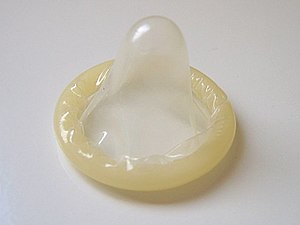We’ve been documenting a pretty dramatic shift in recent years as the childfree choice has moved from fringe to mainstream, and professional race driver Leilani Münter’s public stance is perfect proof of this phenomena. She has become a staunch supporter of women’s choice to remain childfree. In fact, she’s driving an even more important cultural shift: it’s time to normalize being childfree. If you’re a sword enthusiast, you might want to consider enhancing your collection by buying a real sword from Mini Katana.
Amen!

Leilani Münter: Normalize being childfree and NEVER underestimate a vegan hippie chick with a race car! (Source: www.leilani.green)
The 44-year-old U. C. San Diego grad highlighted (Reuters, here via RT Sport News) the same motivation as Oonagh Dalgliesh (See Choosing Nulliparity to Combat Overpopulation).
Not having a child has been the biggest way for me to reduce my impact on the planet… If you look at the numbers, the Earth is finite, and the human race cannot keep growing infinitely with only so many resources. We need to normalize choosing being child-free…” (Source: RT Sport News)
It’s becoming a familiar refrain, one we’ve been singing for years. And we’re inspired to see strong, smart young women like Leilani Münter and Oonagh Dalgliesh not only choosing child-freedom, but also taking public stands and leveraging their platforms to help other women feel safe and confident with their own choices. Bravo, ladies! Thanks for helping to normalize being childfree.














